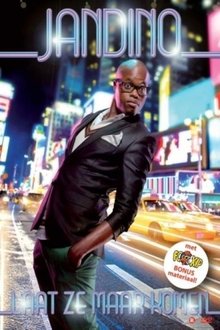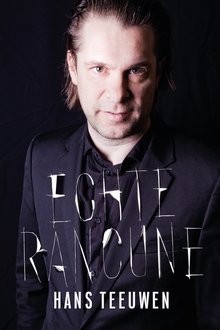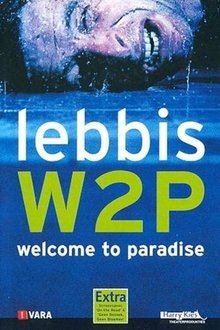Their second theatre program
Related Movies

Henry van Loon: Sleutelmoment (2016)
It can go fast. One moment you are tinkering with a moped in your over-complete shed, the other moment you become chief of an Indian tribe. But not before you, as a proud householder with extremely cozy children, have shown how hospitality is meant. In the meantime you play the lead in a musical. It could just be. At least, in the absurd universe of comedian, actor and vlogger Henry van Loon. And in his performance Sleutelmoment it could all happen at the same time.
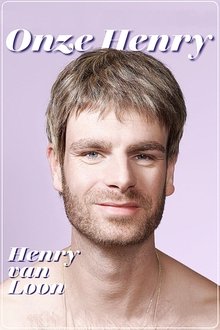
Henry van Loon: Onze Henry (2018)
Comedian, actor and vlogger Henry van Loon will be in the theater until May 2019 with his new cabaret performance Onze Henry. In this personal program, he zooms in on his Brabant roots and serves you both hilarious and fidelely reflections and moving songs. You do not think of it, but you do see it, so that afterwards you come out with a pearly sheen and whisper, shaking your head to your temporary bed partner: "That was really something for our Henry."

Guido Weijers: V (2016)
In his special 'V', Weijers jokes about power, relationships, religion, travel and happiness at a breakneck pace. The comedian asks his audience which five people they would invite for an ultimate dinner. Fast, sharp and honest. The mirror he holds up has never been so painfully funny.
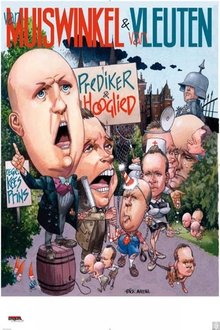
Van Muiswinkel & van Vleuten: Prediker & Hooglied (2006)
Registration of the fifth theatre program by the Dutch comedy duo (Erik) van Muiswinkel and (Diederik) van Vleuten. Two old friends meet in a Dutch park.

Van Muiswinkel & van Vleuten: Mannen, Het Allerbeste! (2010)
After five theatre programs, the comedy duo (Erik) van Muiswinkel and (Diederik) van Vleuten performed one more time with an anthology from their previous programs.

Mijn naam is Stefano Keizers (2020)
The Dutch comedian/persona/phenomenon Stefano Keizers is an enigma. In this documentary, a crew follows the mystery Stefano Keizers in the run-up to his second theater program to find out who he really is.
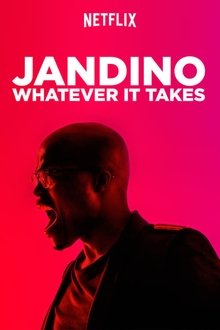
Jandino: Whatever it Takes (2016)
Jandino Asporaat riffs on the challenges of raising kids and serenades the audience with a rousing rendition of "Sex on Fire" in his comedy show.
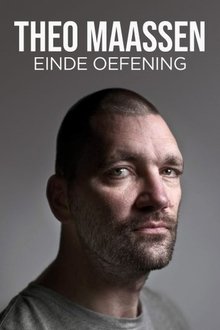
Theo Maassen: Einde Oefening (2013)
Theo Maassen puts his teeth in his first-ever New Year's conference. Twelve months, 52 weeks, 365 days, reduced to 70 nerve-wracking minutes. Maassen asked young super talent Tim Fransen for help writing this conference, his favorite band Stuurbaard Bakkebaard will accompany him.
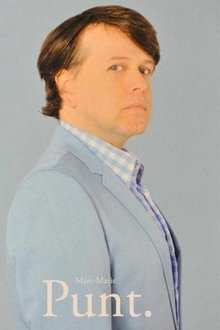
Marc-Marie Huijbregts: Marc-Marie Punt. (2009)
Television registration of the third program by the Dutch comedian Marc-Marie Huijbregts. Marc-Marie Huijbregts sketches a very intimate self-portrait based on personal anecdotes and reflections.

De Partizanen: Het Leven An Sich (2021)
The third theatre program by the Dutch comedy duo De Partizanen (Merijn Scholten and Thomas Gast).
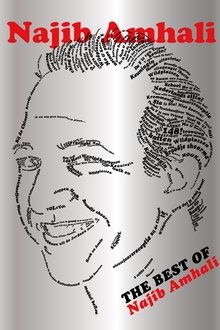
Najib Amhali: The Best of (2010)
All his shows have been sold out, night after night. The best of his shows has been compiled in one live show, "The Best of Najib Amhali".

Van der Laan & Woe: Alles Eromheen (2016)
Registration of the fifth theatre program by the Dutch comedy duo (Niels) Van der Laan & (Jeroen) Woe.


